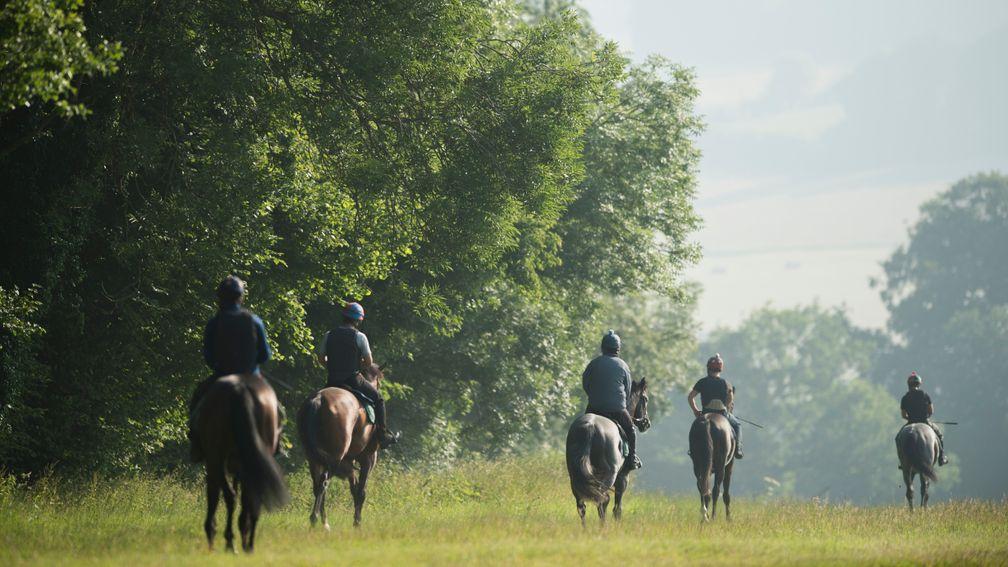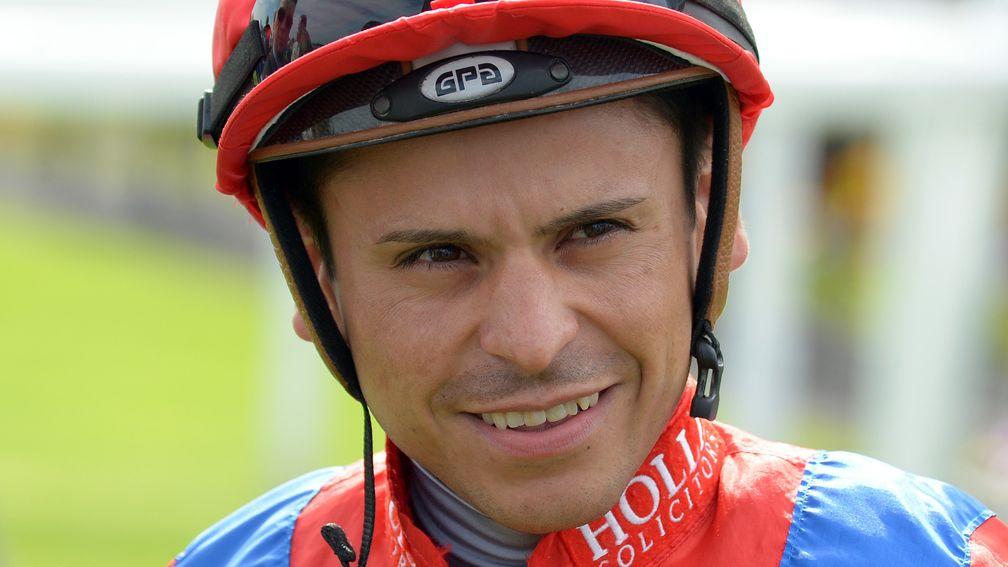Cole calls for less red tape and cheaper visas to alleviate staffing crisis

Relaxing entry requirements and reducing the costs involved in obtaining a visa to work in Britain and Ireland could be a way of addressing the stable staff shortage in racing, according to Oliver Cole, assistant trainer to his father Paul.
Cole has first-hand experience of the expertise and dedication workers from Brazil can bring to racing yards and is keen for the government to allow a greater influx of staff from South America.
Yard head lad Duilo Da Silva is a long-term employee, along with younger brother Raul, who is stable jockey. There are other Brazilian members of staff at Whatcombe Stables, but over the years the costs involved to live and work legally in Britain have risen significantly, something Cole thinks needs to be reversed.
"If it wasn't for the Brazilians throughout the years we would have been in a lot of trouble," he said on Tuesday. "We've had Duilo, Raul, we nearly made Nelson de Souza champion apprentice and there's obviously Silvestre de Sousa as well.
"I don't know why they've made the rules so difficult to get this sort of skilled labour in. They're amazing members of staff. They're loyal and are amazing riders.
"Duilo came to us 14 years ago. He had to take an English test and visas weren't too expensive. Now a visa costs a couple of grand and the test has become a lot harder to pass."

"It has become more expensive and the English test is almost impossible for people to pass. A lot of people want to come – good riders. If you told me it had become easier overnight I could get 40-50 people for tomorrow."
The influx of staff would not just be work riders, with Da Silva adding there are several jockeys who would be keen to compete in Britain, but instead opt for Dubai and Scandinavia, where it is easier to be granted a visa.
The South American contingent at Whatcombe is, like many yards, supplemented by members of staff who have come through the training schemes available in Britain. While full of praise for such establishments, Oliver Cole stressed those methods of bringing staff into the sport need external support with demand outstripping supply.
"The British Racing School have done an amazing job feeding people into our business, we get one or two a year and they're brilliant, but they can't keep the whole of the industry propped up," he said.
"How many employers will have to stop training because they can't get the staff before somebody listens? It really needs someone to take note and realise in South America there's a lot of people who can come over and they'd probably save the day."
Immigration policy has been firmly in the spotlight in recent years and it remains to be seen what knock-on impact Brexit will have. The sport has asked the MigrationAdvisoryCommittee, which was tasked by government with providing evidence for a post-Brexit immigration system, for skilled staff such as work-riders to be included again on the Shortage Occupation List (SOL) – the jobs for which there are not enough resident workers to fill vacancies.
Read The Briefing from 8.30am daily on racingpost.com and the Racing Post mobile app with all the day's latest going, weather, market moves and non-runner news
Published on 8 January 2019inNews
Last updated 07:12, 9 January 2019
- The latest edition of the Racing Post is available to read online now - here's how you can access it
- How Smart View recorded a 76 per cent profit at the Cheltenham Festival
- Smart View is available on the Racing Post app - how to read the revolutionary new racecard
- Levy reform talks 'accelerating' as clock ticks down to April deadline for agreement
- Kieran Shoemark lands another plum Meydan ride for Gosden stable on Trawlerman in Saturday's Dubai Gold Cup
- The latest edition of the Racing Post is available to read online now - here's how you can access it
- How Smart View recorded a 76 per cent profit at the Cheltenham Festival
- Smart View is available on the Racing Post app - how to read the revolutionary new racecard
- Levy reform talks 'accelerating' as clock ticks down to April deadline for agreement
- Kieran Shoemark lands another plum Meydan ride for Gosden stable on Trawlerman in Saturday's Dubai Gold Cup